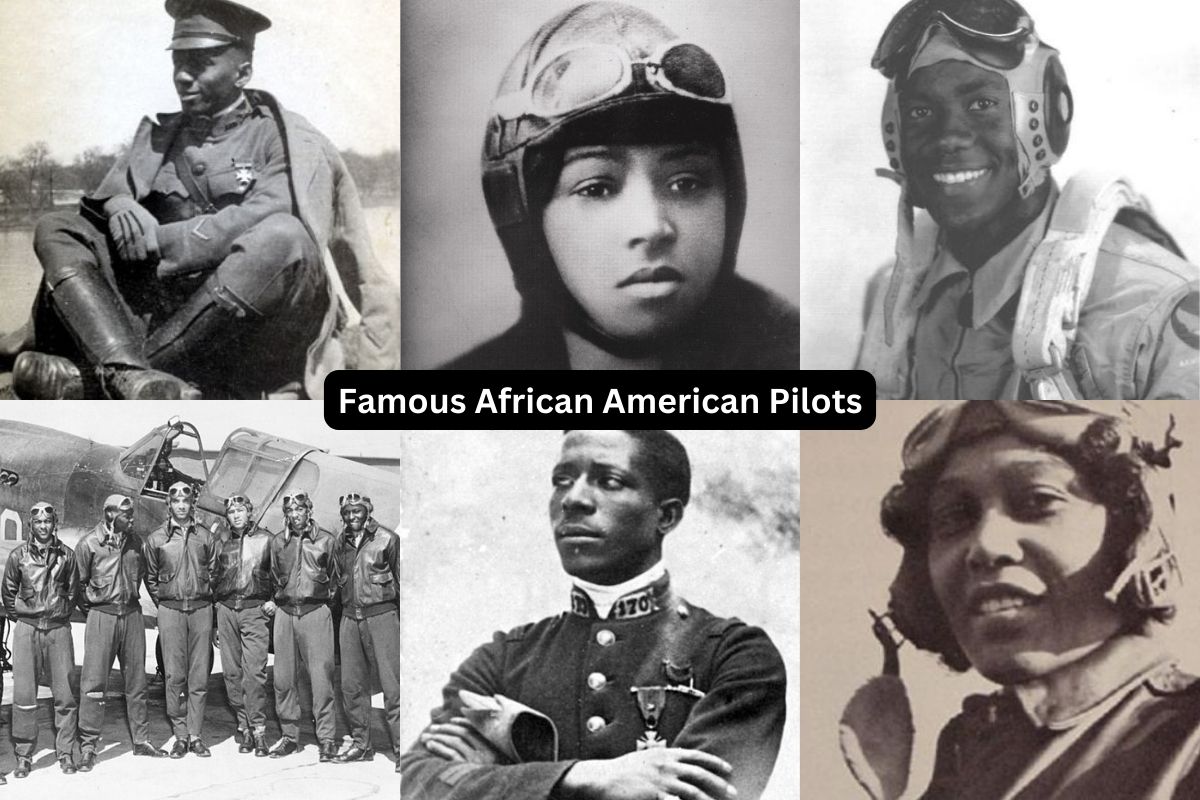The history of aviation is marked by pioneers who defied gravity and shattered boundaries, but among them, the contributions of African American aviators stand out as a testament to perseverance, courage, and resilience.
From the early 20th century to World War II and beyond, these trailblazing individuals not only soared through the skies but also broke down racial barriers, opening doors for future generations.
In this article, we delve into the remarkable stories of some of the most famous African American pilots, each of whom left an indelible mark on the world of aviation and the fight for civil rights. Their achievements continue to inspire and serve as a reminder that the sky truly knows no limits.
Famous African American Pilots
1. Bessie Coleman (1892-1926)
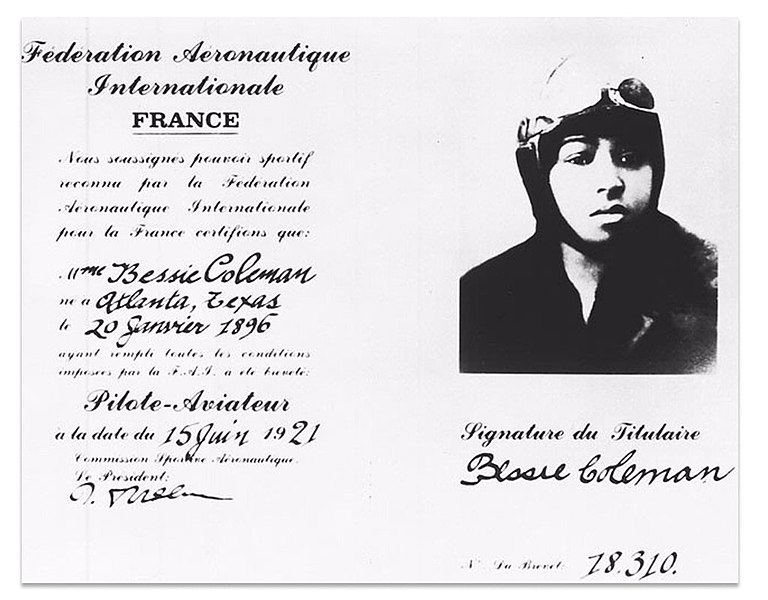
Bessie Coleman was born on January 26, 1892, in Atlanta, Texas. She faced racial discrimination in the United States, which prompted her to travel to France in 1920 to pursue her dream of becoming a pilot.
In 1921, Bessie Coleman became the first African American woman in the world to earn an international pilot’s license from the Fédération Aéronautique Internationale (FAI).
Also Read: Famous Female Pilots
She specialized in stunt flying and aerial tricks, thrilling audiences with her daredevil performances.
Tragically, her life was cut short when she died in a plane crash during a rehearsal in Jacksonville, Florida, on April 30, 1926. Her pioneering spirit and achievements continue to inspire generations of African American aviators.
2. Eugene Bullard (1895-1961)
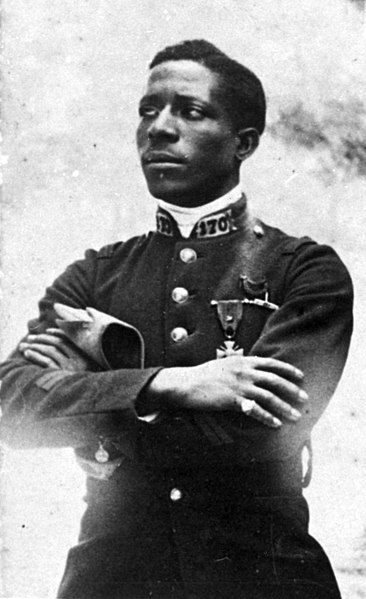
Eugene Bullard was born on October 9, 1895, in Columbus, Georgia. He joined the French Foreign Legion during World War I and became the world’s first African American military pilot.
Bullard flew combat missions as a fighter pilot with the French Lafayette Flying Corps and later with the French Aéronautique Militaire.
He earned numerous military honors, including the Croix de Guerre and the Médaille Militaire, for his bravery in combat.
Also Read: Most Famous Fighter Pilots
After the war, Bullard continued his aviation career in France, operating a nightclub in Paris and becoming a beloved figure in the city.
He returned to the United States in the 1930s and was largely forgotten until he was posthumously recognized for his contributions to aviation and his military service.
3. Tuskegee Airmen (1940s)

The Tuskegee Airmen were a group of African American military pilots who served during World War II as part of the United States Army Air Forces.
They were named after the Tuskegee Institute in Alabama, where the primary flight training for African American aviators took place.
The Tuskegee Airmen faced discrimination and skepticism but proved their capabilities and played a crucial role in breaking down racial barriers in the U.S. military.
Notable members of the Tuskegee Airmen include Benjamin O. Davis Jr., who later became the first African American general in the U.S. Air Force, Charles McGee, who served in three wars and flew combat missions, and Roscoe Brown, who became a decorated pilot and educator.
Their achievements in combat and their dedication to duty paved the way for the eventual desegregation of the U.S. armed forces and inspired future generations of African American pilots.
4. Janet Bragg (1907-1993)
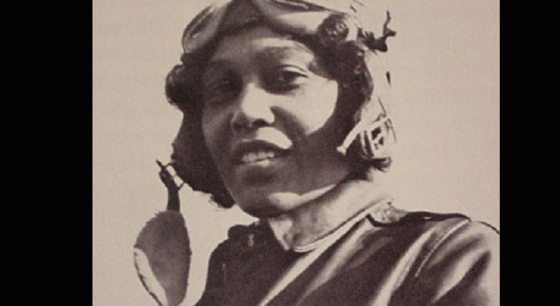
Janet Harmon Waterford Bragg was born on March 24, 1907, in Griffin, Georgia. In 1933, she became the first African American woman to earn a commercial pilot’s license in the United States.
Bragg’s aviation journey began when she took her first flight at the Chicago World’s Fair in 1933, sparking her interest in flying.
She founded the Challenger Air Pilots’ Association, an organization dedicated to increasing opportunities for African American aviators.
Janet Bragg continued to break down racial barriers in aviation and worked as a flight instructor and mechanic.
She passed away on June 10, 1993, leaving behind a legacy of pioneering achievement and advocacy for African Americans in aviation.
5. William J. Powell (1899-1942)
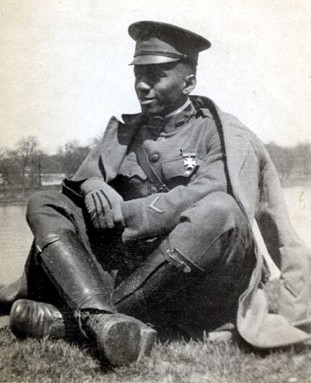
William John Powell was born on December 9, 1899, in Atlantic City, New Jersey. Powell was a pioneering African American aviator and author. In 1934, he co-founded the Bessie Coleman Aero Club, an organization aimed at promoting aviation in the African American community.
He authored the book “Black Wings” in 1934, which highlighted the accomplishments of African American aviators and their contributions to aviation history.
Powell’s work in advocating for racial equality in aviation and his efforts to provide opportunities for aspiring African American pilots were instrumental in advancing the cause of African Americans in the field of aviation.
Tragically, he passed away in 1942, but his contributions continue to be remembered and celebrated.
6. Marlon Green (1929-2009)
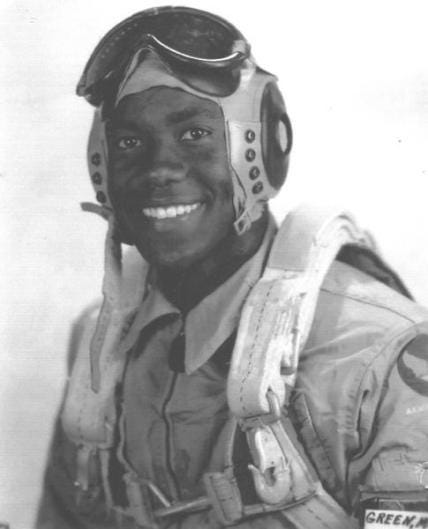
Marlon DeWitt Green was born on June 6, 1929, in El Dorado, Arkansas. He is best known for his significant legal battle against discrimination in the airline industry, which led to the desegregation of the industry in the United States.
In 1957, Green applied to be a pilot with Continental Airlines but was denied solely because of his race. This discriminatory act prompted him to take legal action.
His case, known as “Green v. United Airlines, Inc.,” ultimately reached the United States Supreme Court in 1963, where he won a landmark victory.
Marlon Green’s perseverance and commitment to equality opened doors for African American pilots to pursue careers in commercial aviation without racial discrimination.
He continued his career as a pilot after the victory and left a lasting legacy of civil rights activism within the aviation industry until his passing in 2009.
7. Willa Brown (1906-1992)
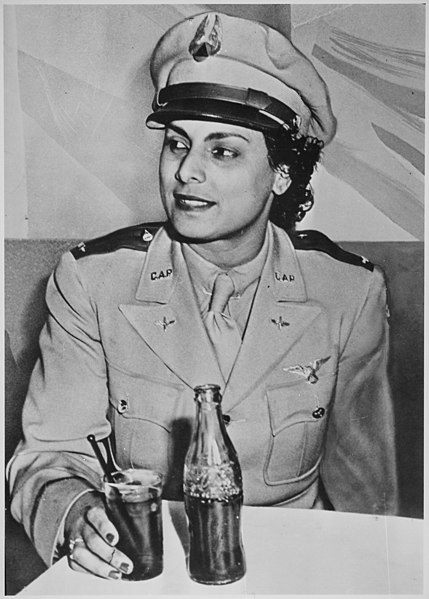
Willa Beatrice Brown Chappell was born on January 22, 1906, in Glasgow, Kentucky.
Willa Brown was a trailblazer in aviation and education. She co-founded the National Airmen’s Association of America, an organization aimed at increasing opportunities for African American aviators.
Brown played a significant role in advocating for the integration of African American pilots into the U.S. military during World War II.
She continued to break down racial barriers in aviation and education throughout her life, becoming an influential figure in both fields.
Willa Brown passed away on July 18, 1992, leaving behind a legacy of dedication to civil rights and aviation.
8. C. Alfred “Chief” Anderson (1907-1996)
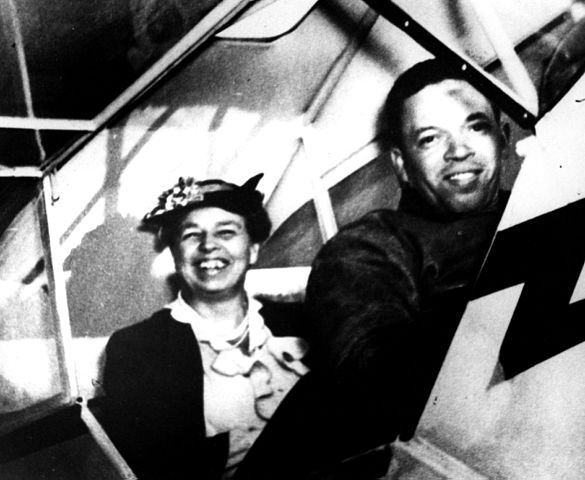
Charles Alfred “Chief” Anderson was born on February 9, 1907, in Bryn Mawr, Pennsylvania.
He was a pioneering African American aviator and flight instructor who trained many of the Tuskegee Airmen.
Anderson’s flight school in Pennsylvania was a crucial training ground for African American aviators, and he became a mentor and role model for many aspiring pilots.
During World War II, he served as a civilian flight instructor for the Tuskegee Airmen, contributing to their success in combat.
Chief Anderson’s dedication to aviation education and his role in shaping the Tuskegee Airmen’s skills and confidence had a profound impact on the history of African Americans in aviation.
He passed away on April 13, 1996, leaving behind a legacy of mentorship and advocacy.
9. Benjamin O. Davis Sr. (1877-1970)

Benjamin Oliver Davis Sr. was born on July 1, 1877, in Washington, D.C. He was the first African American to achieve the rank of general in the United States military.
Davis Sr. served in the U.S. Army during World War I and later became an aviation pioneer when he earned his pilot’s wings in 1942.
Despite facing racial discrimination throughout his career, Davis Sr. persevered and contributed to the integration of the U.S. Army Air Corps (predecessor of the U.S. Air Force).
His achievements and leadership paved the way for future generations of African American military aviators.
Benjamin O. Davis Sr. passed away on November 26, 1970, leaving a lasting legacy of service and advocacy.
10. Chauncey Spencer (1906-2002)
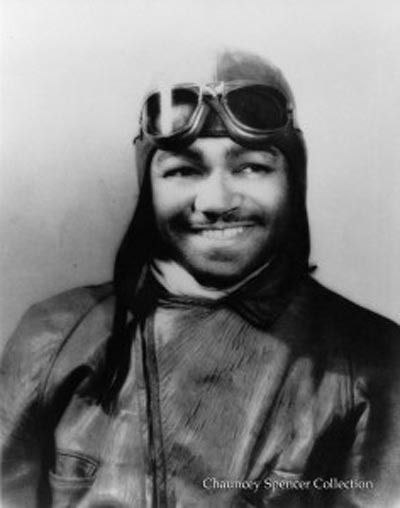
Chauncey E. Spencer was born on February 27, 1906, in Tuscaloosa, Alabama. He was an early African American aviator and civil rights advocate.
Spencer was involved in efforts to desegregate the U.S. Army Air Corps during World War II and later played a significant role in establishing the Civilian Pilot Training Program (CPTP).
The CPTP provided flight training opportunities for African Americans during the war, allowing them to gain the skills needed to become pilots.
Spencer’s dedication to expanding access to aviation education and his advocacy for racial equality made a significant impact on the integration of African Americans into aviation.
He passed away on March 15, 2002, leaving behind a legacy of activism and advancement in aviation opportunities for African Americans.
